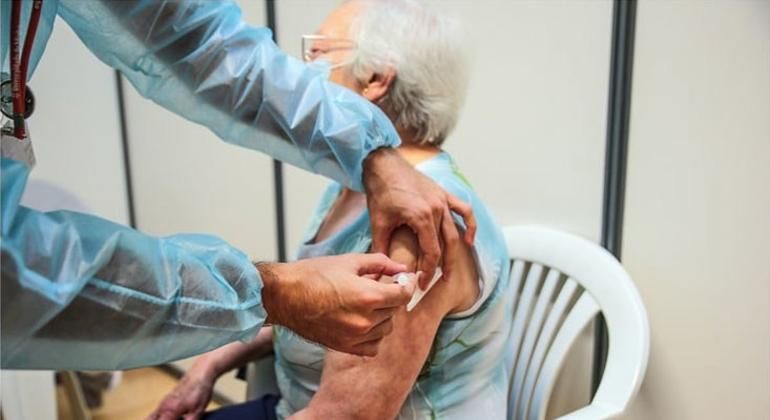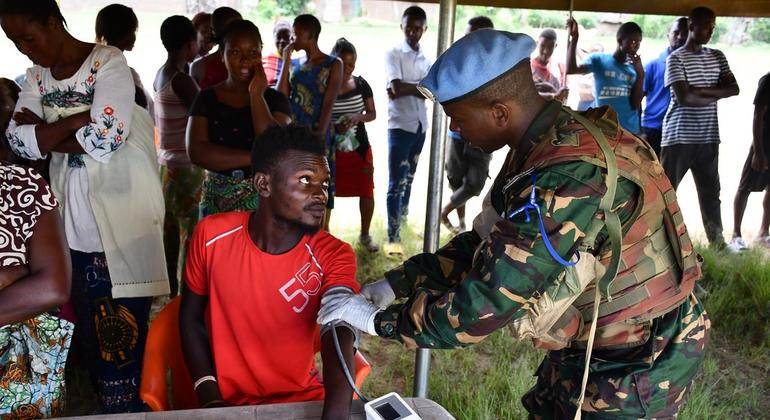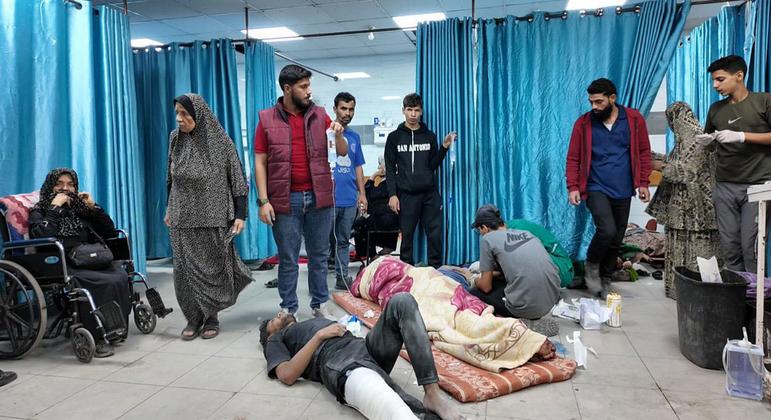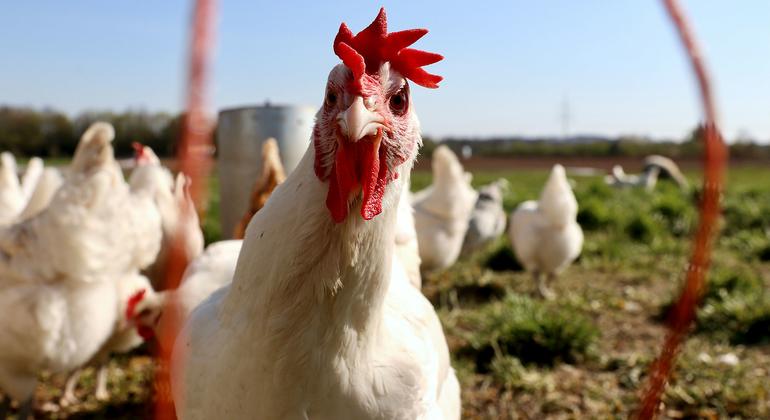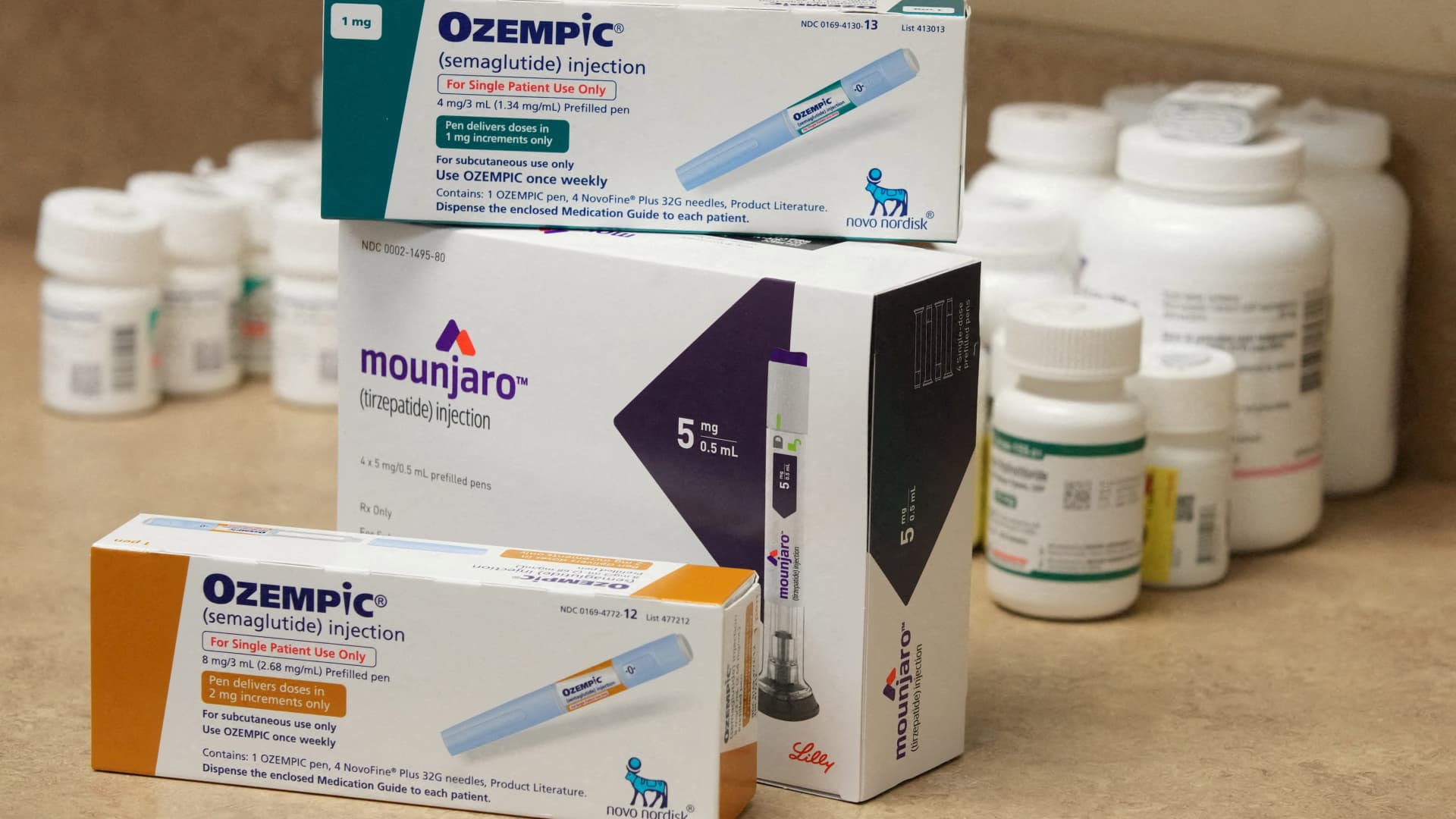Coronaviruses such as COVID, influenza and respiratory syncytial virus (RSV) “must be taken seriously” as they are particularly dangerous for at-risk groups, including the elderly, pregnant women and people with existing or chronic illnesses. , WHO Europe insisted at its launch. a protection campaign at the regional level.
“Collective amnesia about COVID-19 has set in and this is worrying,” said WHO Regional Director for Europe, Dr. Hans Kluge. “It is understandable that people, communities and countries want to overcome the trauma of the pandemic years. Still COVID-19 is still with us and circulates along with other respiratory viruses..”
European focus
The WHO official noted that 53 countries in Europe and Central Asia are still experiencing up to 72,000 deaths from seasonal influenza, representing about 20 percent of the global burden. “The vast majority of these deaths can be prevented,” he said, adding that the most vulnerable “must be protected” through vaccination, which is proven to prevent serious illness and outcomes.
In the 28 days to September 22, health authorities in the WHO European region reported little more 278,000 cases of COVID-19 and 748 deaths, from Cyprus to Moldova and from Ireland to Russia. Those numbers are higher than any other WHO region and are likely an underestimate.the UN health agency said.
According to WHO data, COVID-19 has killed more than seven million people since the outbreak began in late 2019, with the majority of deaths recorded in the United States (1.2 million), Brazil (702,000 ), India (534,000) and Russia (403,000). .
Unpredictable pathogens
“COVID-19 devastated every corner of the planet,” said Dr. Kluge. “Mpox clade II emerged unexpectedly in Europe in 2022 and continues to circulate in the region, even as mpox clade I in Central and Eastern Africa has triggered a public health emergency of international concern. And RSV and influenza will continue to circulate more intensely in the coming months, especially as more people gather indoors due to colder weather.”
National health authorities must play their role in protecting vulnerable populations, the senior WHO official continued, urging greater investment in public healthcare to protect overstretched healthcare workers.
New and existing viruses can “wreak havoc on health systems, economies and society,” Dr Kluge warned, calling for regular and consistent surveillance and monitoring to “ensure we are prepared for the next major emergency.” health, whenever and wherever it arrives.” ”.
As part of a WHO public health campaign in Europe to prevent the spread of influenza and other respiratory diseases, the UN agency said key protective measures include staying home when sick, practicing good hygiene, hands and cough, and ensure adequate ventilation.
Vulnerable populations, which also include people with weakened immune systems and anyone who believes they may have contracted a respiratory virus, should wear a tight-fitting mask in closed or crowded spaces, the WHO added.
“Protection against respiratory viruses is the shared responsibility of governments and all of society,” said WHO's Dr. Kluge. “Everyone should contribute to fostering a culture of care and solidarity with the vulnerable.”

